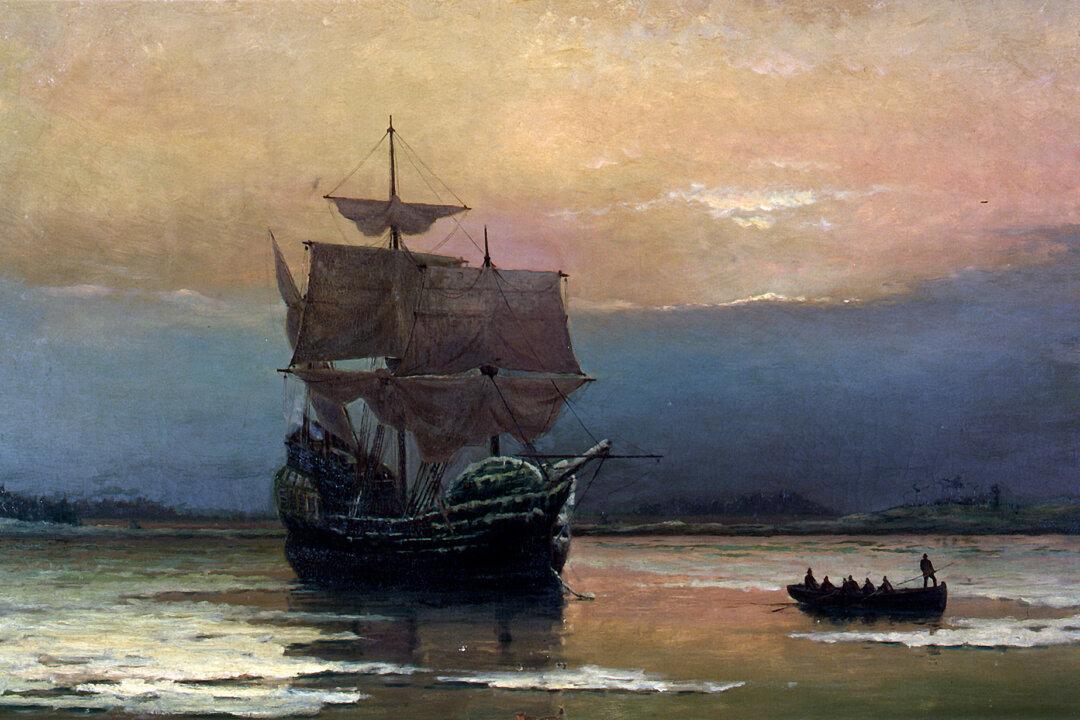Death came to them in many guises. A sailor who had blasphemed in front of the children fell ill from fever and was buried at sea. Dorothy, the wife of Pilgrim William Bradford, reached the New Land but slipped from the moored Mayflower and drowned in the freezing waters of Cape Cod harbor. By the end of their first winter in this wilderness, 1620–1621, almost half of the original 102 settlers had died, most of them from disease.
The first governor of the colony was the capable John Carver. He was quite possibly the author of “The Mayflower Compact,” a covenant of basic democratic rules by which the colonists would govern themselves, signed by 41 of the men going ashore. He directed the building of houses, the gathering of food, and with the help of Squanto, a native who spoke fluent English, engineered a treaty with Massasoit of the Wampanoag Confederacy. Yet by the spring of 1621, Carver too had gone to the grave, a victim of heat stroke or bad water.






